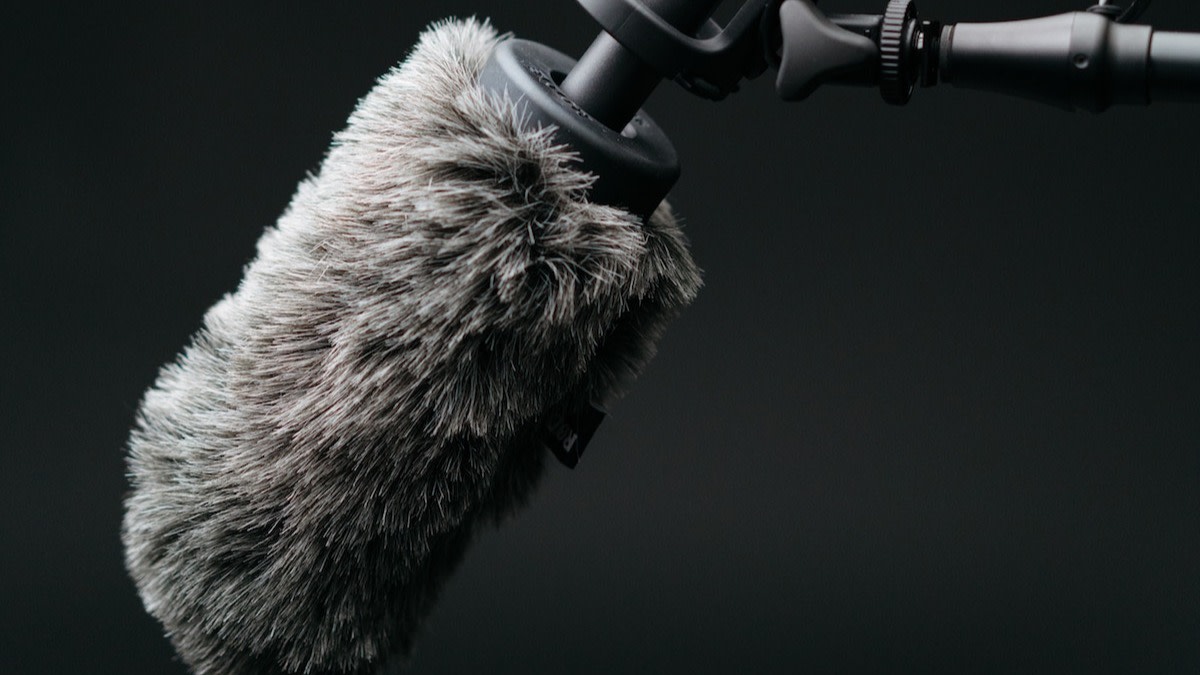Film 101: What Is a Boom Operator? Understanding the Job of a Boom Operator
Written by MasterClass
Last updated: Oct 12, 2022 • 4 min read
On a film set, the boom operator is a crew member who is responsible for holding or positioning the boom mic and other equipment to capture audio. Learn more about what this role entails and what skills boom operators bring to production teams.
Learn From the Best
What Is a Boom Operator?
A boom operator is a member of the sound department who operates and maintains the audio recording equipment during a production. The boom operator’s main responsibility is to capture sound during each take. They often do this by using a boom mic, which they suspend above the shot with a boom pole (also called a boom arm).
The boom operator works closely with the camera operator, director, actors, and other production team members to coordinate their position during filming. Boom operators must have a thorough understanding of where the actors and cameras will be moving during a scene so they can capture crisp audio.
What Does a Boom Operator Do?
A boom operator records audio, such as actors’ voices and other on-set sounds. In cinematic productions in which scenes require the actors to walk or run, the boom operator follows the actors with the boom microphone while remaining always out of frame.
In static filming scenarios, such as sit-down interviews or scenes in which actors are seated, the boom operator might instead position the boom mic using a boom stand (a special microphone stand). Boom operators also sometimes work with clip mics (or lav mics, short for lavalier), which they affix to an actor or other person’s clothing or body before filming begins.
A boom operator usually reports to the production sound mixer, who is often the most senior sound crew member on set. On some films, a single individual might serve as both boom operator and production sound mixer. People in the industry sometimes refer to this combined role as a sound recordist.
What Equipment Do Boom Operators Work With?
A boom operator utilizes various audio equipment items to produce high-quality sound recordings while they are on set. Here are a few of the most common:
- Boom mic: A general term, boom mic refers to any mic the operator suspends using a boom pole rather than a specific kind of mic. The two most common boom mics are shotgun microphones (great for noisy, outdoor filming) and small diaphragm hypercardioid microphones (best for quieter, indoor filming).
- Boom pole: A boom operator can attach a microphone to a boom pole to get it as close to the actors as possible without entering the frame. To capture moving shots, they attach the camera and boom pole to a robotic crane.
- Mic blimp: A wind-resistant cover, the mic blimp goes over the boom mic to reduce environmental background noise. You might hear people in the filmmaking industry refer to it as a “dead cat” because of the fuzzy gray hair covering it.
- Shock mount: Able to attach to the tip of a boom pole, a shock mount holds a mic in place. The shock mount also helps absorb any vibrations, preventing them from affecting the quality of the audio recording.
What Skills Do You Need to Become a Boom Operator?
Some boom operators learn their craft on the job while others possess audio engineering degrees or other relevant certifications. Additionally, these sound technicians must possess the following skills:
- Memorization skills: Actors move around during filming and dialogue can switch between actors in the same shot, but a boom operator must keep the mic as close as possible to whoever is speaking. As a boom operator, you will be responsible for knowing the script and remembering all the camera movements. This will help you place the mic to capture the clearest audio during each shot.
- Stamina: Working in the film industry can mean long shoot days, and the boom operator is often one of the first members of the film crew to arrive and one of the last to leave. In some cases, in addition to holding or positioning the microphones for filming, boom operators might have to unpack, transport, and repack their sound equipment over the course of a shoot day.
- Tech expertise: Boom operators must know how to work with their specialized audio equipment and keep all such equipment in good working condition. This means staying organized, knowing how to adapt to challenges on the fly, and even troubleshooting or performing minor repairs if a piece of equipment experiences a failure.
How to Become a Boom Operator
If you want to become a boom operator, seek hands-on experience on a film set or with another type of production crew. If a boom operator job isn’t immediately available, gaining experience as a production assistant or sound trainee can still be useful and help you make industry connections. Working freelance gigs with film schools is one way to start acquiring credits as you begin down this career path.
Some boom operators choose to boost their qualifications by earning degrees or certifications in film studies, audiovisual communications, audio production, sound engineering, or other related fields.
Want to Learn More About Film?
Become a better filmmaker with the MasterClass Annual Membership. Gain access to exclusive video lessons taught by the world’s best, including Jodie Foster, Spike Lee, David Lynch, Shonda Rhimes, Martin Scorsese, James Cameron, and more.
